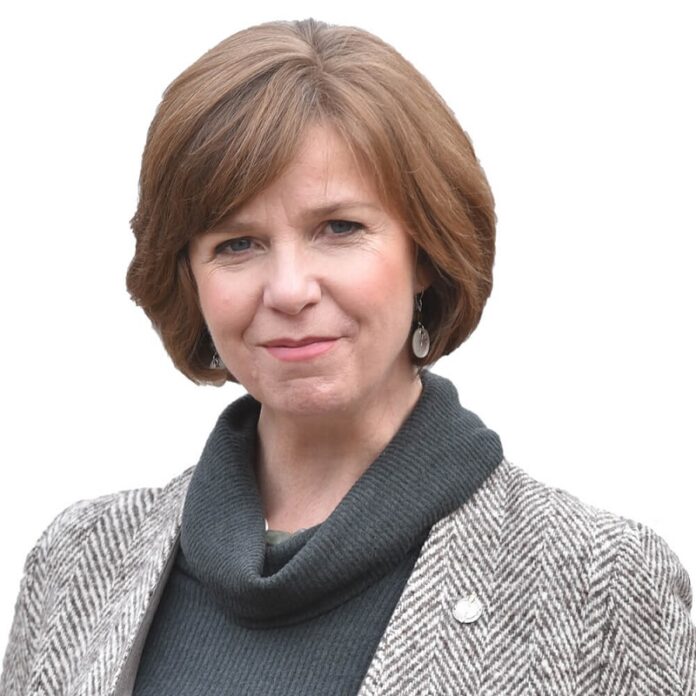PEOPLE living in rural, remote and Indigenous communities will have access to more supports to prevent and respond to overdoses with the announcement of $1.3 million in funding to support overdose response and awareness in communities across B.C.
“Overdoses are hurting people and families in every corner of our province. And every community needs a full set of tools to help with this crisis,” said Sheila Malcolmson, Minister of Mental Health and Addictions, on Tuesday. “To prevent overdoses, respond to overdoses, and save lives, this funding will help communities meet their residents’ needs, in their own way.”
People in rural and remote areas face unique challenges when it comes to accessing supports and services that allow them to address the overdose crisis. Geographic remoteness may mean people need to travel longer distances to access health care and treatment, and access to Naloxone and harm-reduction services can be limited in areas with low populations. COVID-19 has amplified the overdose crisis, with an increasingly toxic drug supply leading to an increase in the risk of overdose and death.
The crisis has been particularly challenging for Indigenous communities and First Nations people. Data from January to October 2020 shows First Nations people die from overdose at a rate 5.5 times higher than other residents in B.C.
“The overdose crisis continues to take a heartbreaking toll on Indigenous peoples and communities,” said Murray Rankin, Minister of Indigenous Relations and Reconciliation. “Indigenous communities know best what’s needed in their communities to help turn this crisis around, and this new funding will help them shape and deliver targeted programs and services to help prevent overdoses and save lives.”
The one-time grants will provide funding to community groups, service providers and Indigenous-led organizations to support rural, remote and Indigenous communities. The funding will help communities carry out local actions specific to the needs of their community. Examples include relationship building and knowledge sharing among service providers, support for organizations to develop harm-reduction policies and awareness programs aimed at reducing stigma, and community wellness programs that will connect people to life-saving supports and services.
The funds will be administered by the Community Action Initiative and the Ministry of Mental Health and Addictions. Grant funding will also focus on providing communities opportunities to carry out actions identified at the Rural and Indigenous Action Exchange (ODAX). ODAX was a gathering held in Kamloops in 2019 that brought together people and service providers living in rural, remote and Indigenous communities to identify and develop solutions to address the overdose crisis at the local level.
Equitable access to culturally safe and effective substance-use care is a key component of A Pathway to Hope: B.C.’s roadmap to creating a system of mental health and addictions care that works for everyone.
Dr. Bonnie Henry, Provincial Health Officer, said: “When the province announced a framework to help rural, remote and Indigenous communities manage the challenges of a pandemic, I felt like it was an excellent first step. Today’s announcement offering grants to provide funding and support is a much-needed second step to address the ravages of overdose, amplified by a pandemic, and felt most acutely by underserved, rural, remote and Indigenous communities.”
Marnie Scow, Indigenous overdose response consultant, Community Action Initiative, said: “This grant opportunity is a decolonial approach to empower local residents of rural, remote and Indigenous communities to decide what initiatives and programs will be most effective; after all they are the experts in their own community. People often think that overdose is only an urban issue and it’s not. Small communities have been greatly impacted by overdose and have been working hard to keep their friends and family members alive during this overdose crisis. In a rural setting one death affects an entire community profoundly. If this funding can help lessen the impact of grief experienced and prevent a single death of a loved one, it is money well spent.”
Richard Jock, interim CEO, First Nations Health Authority (FNHA), said: “First Nations across B.C. are responding to a dual public health emergency that impacts individuals, families and communities. FNHA welcomes additional resources to support communities to respond to the unintended consequences of COVID-19 public health measures and the resulting increase in overdose deaths.”











Comments are closed.